Does Sanjeevani Plant Still Exists? Miracle Selaginella bryopteris Plant Used In Ramayana To Save God Laxman's Life
)
Niti village is located about 50 kilometers from Joshimath in the Chamoli district of Uttarakhand. This village is home to the Dronagiri mountain, which has a history dating back to the Ramayana era. According to legend, during the battle between Lord Rama and Ravana, Lakshmana was rendered unconscious by Meghnath's divine weapon. To revive him, Hanuman came to Dronagiri mountain to fetch the life-saving herb, Sanjeevani. It is believed that Hanuman took a part of this mountain with him.
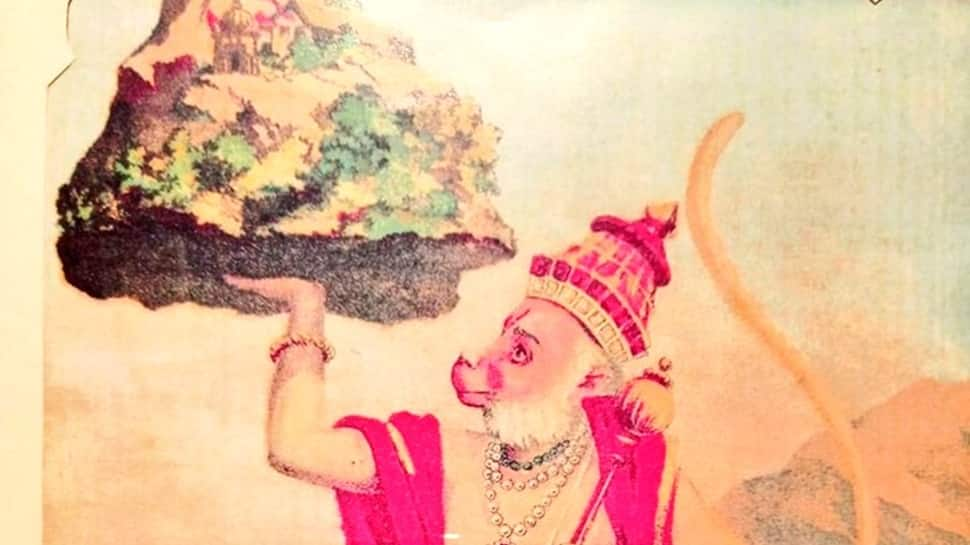
Today, many people wonder if the Sanjeevani can still be found. In the Ramayana, Sanjeevani is described as a magical flower-bearing plant that sheds its flowers upon request or prayer. However, researchers have not identified a plant with such characteristics. Instead, a plant from the Himalayas, known locally and scientifically as "Sanjeevani booti," has been recognized for its medicinal properties and high drought resistance.
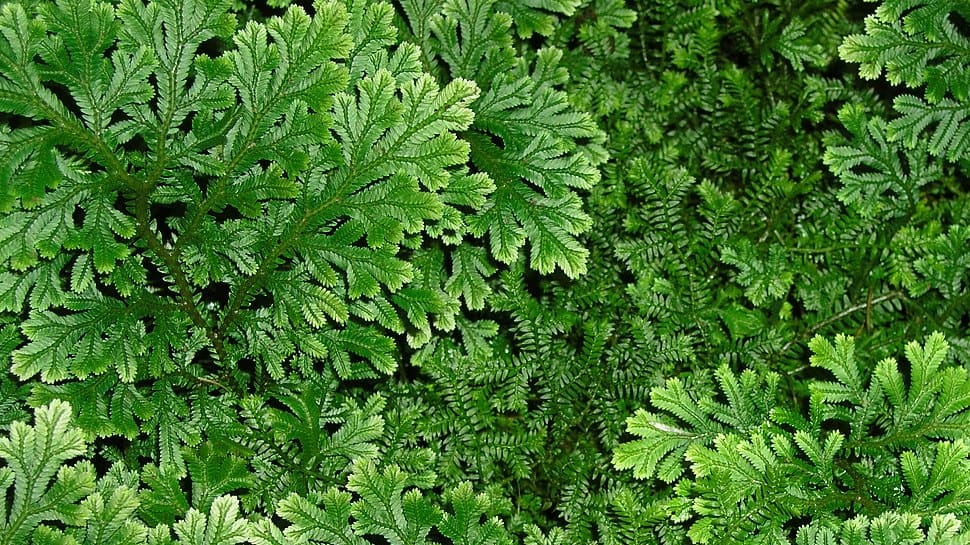
This plant, Selaginella bryopteris, is a type of fern (a Pteridophyte) rather than a flower-bearing Angiosperm. Additionally, it lacks the bioluminescent qualities attributed to the legendary Sanjeevani, notes botanist Dr. Pankaj Sah.
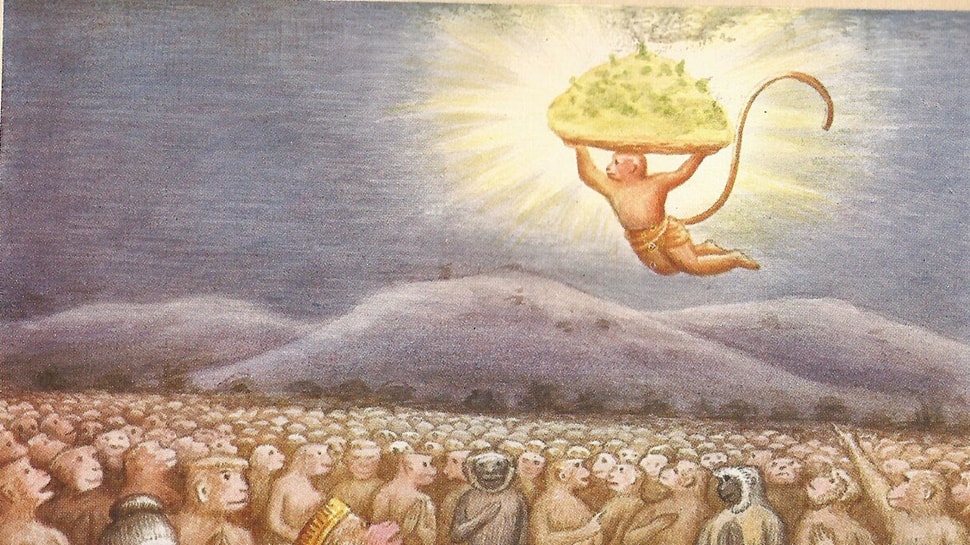
The plant is known for its ability to promote wound healing. Its extracts can accelerate the process of wound closure and tissue regeneration.
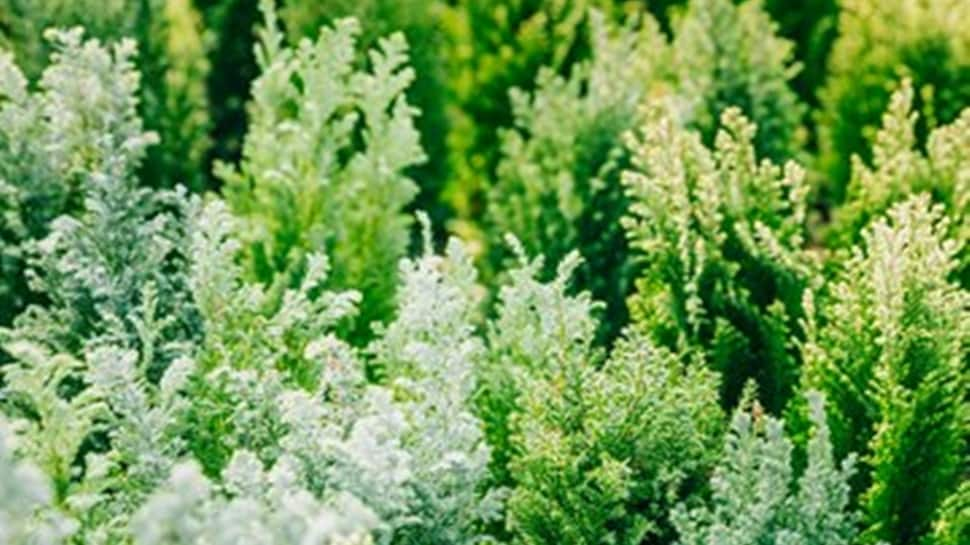
The plant has many medicinal properties as per the researchers. Selaginella bryopteris contains compounds that have strong antioxidant properties, which help neutralize free radicals and reduce oxidative stress in the body.
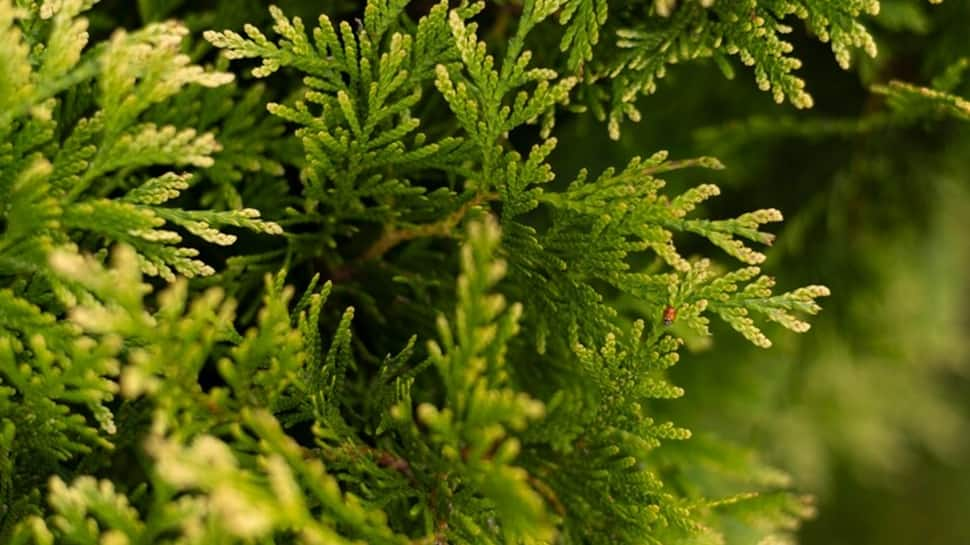
Traditionally, this plant has been used to alleviate mental and physical stress. It is believed to have adaptogenic properties that enhance the body's ability to cope with stress.
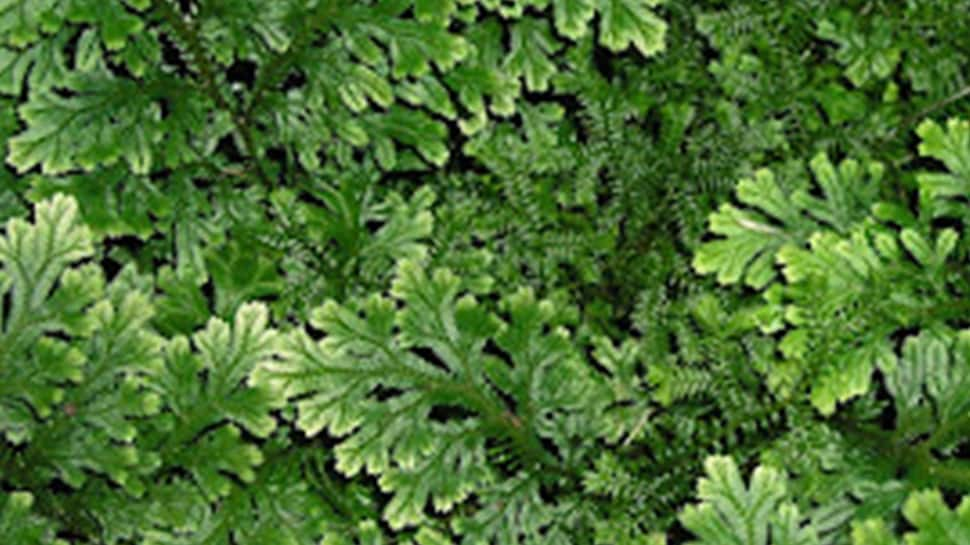
The plant exhibits anti-inflammatory properties, which can help in reducing inflammation and providing relief from various inflammatory conditions.
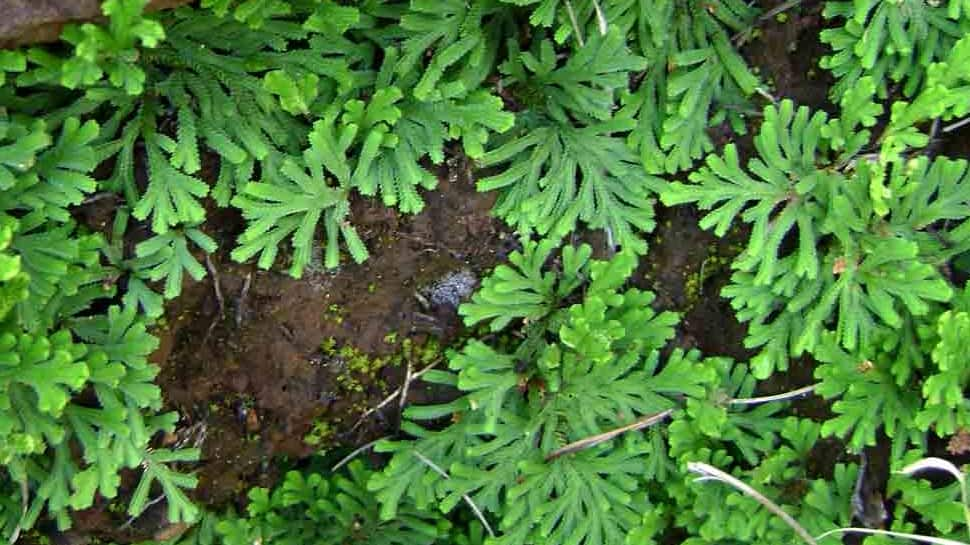
Selaginella bryopteris has been studied for its potential to protect the liver from damage, making it useful in the treatment and prevention of liver-related disorders.

